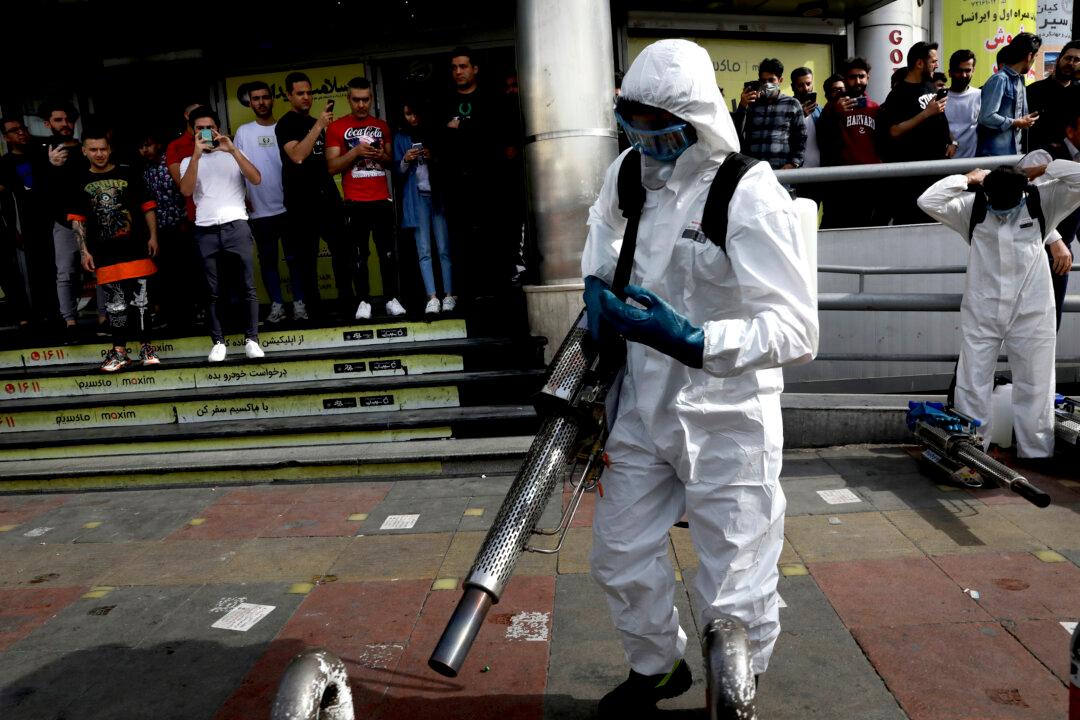TEHRAN, Iran—Iran’s official leading its response to the new coronavirus acknowledged Sunday the pandemic could overwhelm health facilities in his country, which is battling the worst outbreak in the Mideast. Iran also reported 113 new deaths from the virus, bringing its death toll to 724.
Muslim authorities, meanwhile, announced that the Al-Aqsa mosque in east Jerusalem, the third most significant site in Islam, would be closed indefinitely due to concerns about the outbreak, with prayers continuing to be held on the sprawling esplanade outside.





